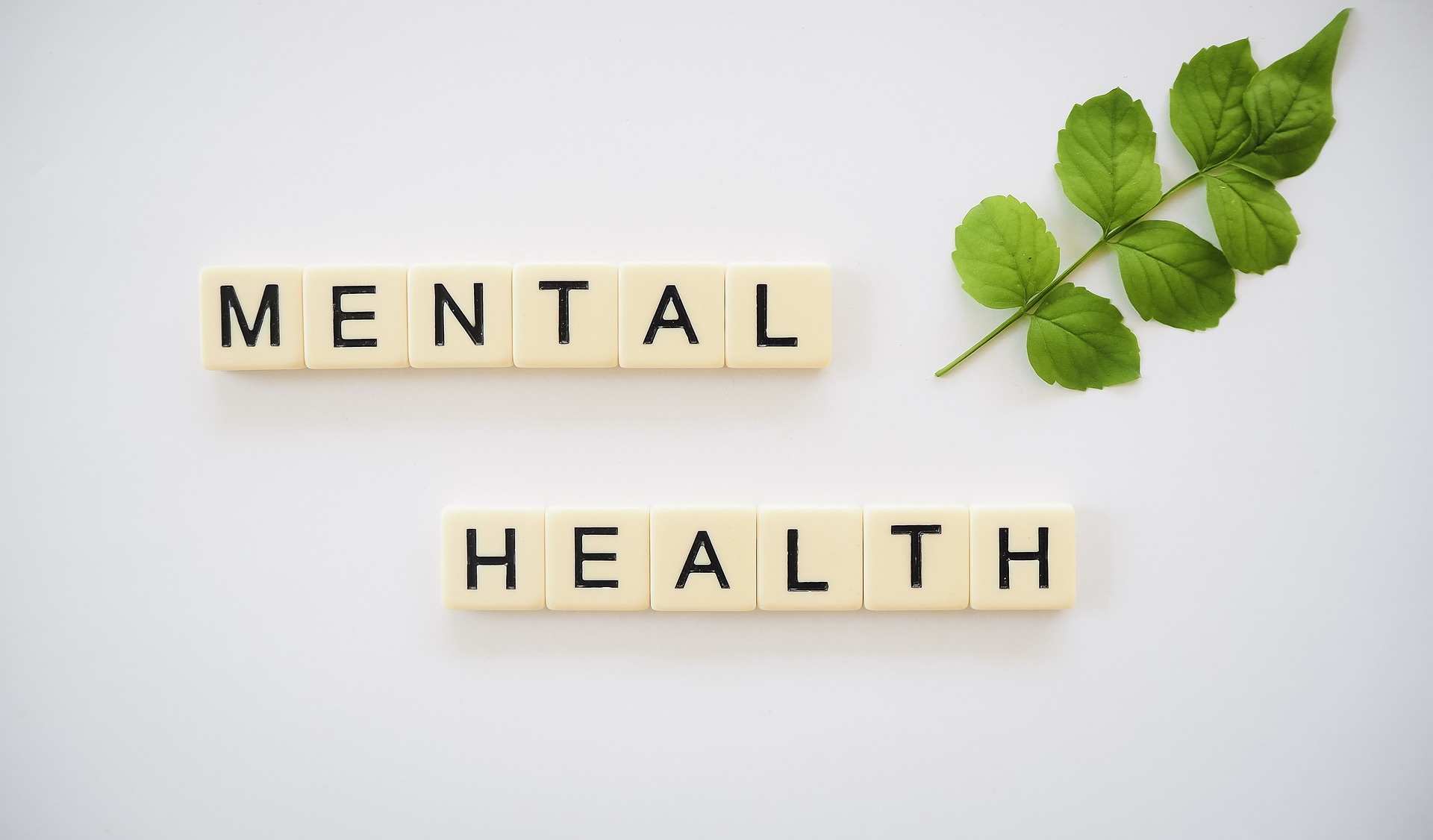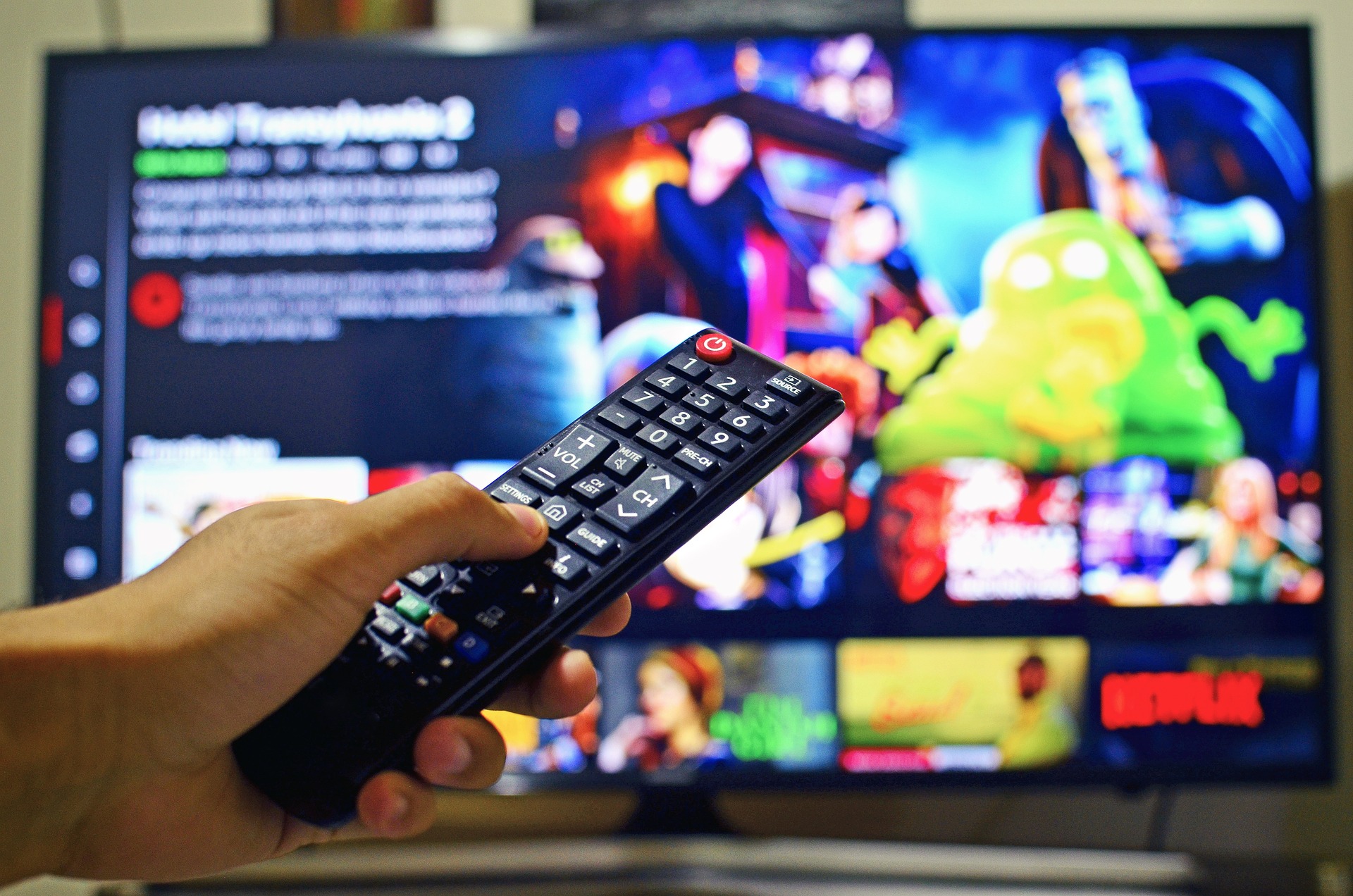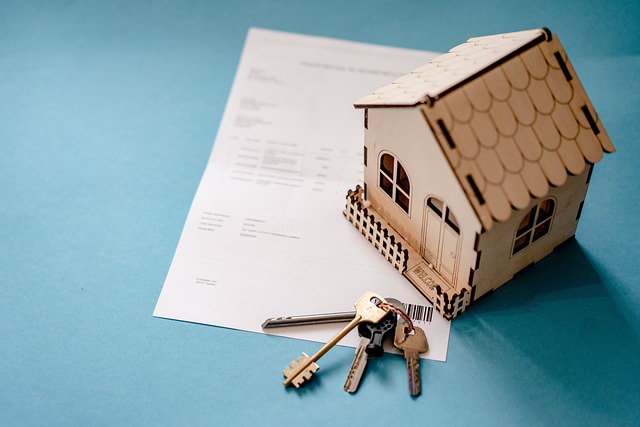Understanding the Role of Lifestyle in Managing Anxiety
Anxiety disorders represent some of the most prevalent mental health issues worldwide. These conditions, which can manifest as panic disorder, social anxiety, generalized anxiety disorder, and various phobias, impact millions of individuals across the globe. Despite their common occurrence, the understanding and management of anxiety disorders are still evolving, with lifestyle changes playing an increasingly vital role in their treatment. This article will explore the historical context of anxiety disorders, the current relevance of lifestyle modification in their management, and the wider societal impact and reception of these approaches.

Anxiety Disorders: A Historical Context
Anxiety disorders have a long history, with descriptions of anxiety-like symptoms found in ancient texts. The Egyptian Ebers Papyrus, dating back to 1500 BC, documented symptoms resembling anxiety. Similarly, Greek physician Hippocrates noted a variety of anxiety symptoms in his patients in the 4th century BC.
The modern understanding of anxiety disorders began to take shape in the 19th century. During this period, physicians like Sigmund Freud began to identify and categorize different forms of anxiety. Despite these strides, it wasn’t until the latter half of the 20th century that anxiety disorders were officially recognized and classified in the Diagnostic and Statistical Manual of Mental Disorders (DSM).
The Role of Lifestyle in Managing Anxiety
While medication and psychotherapy have been the primary treatment modalities for anxiety disorders, the role of lifestyle modification has gained significant attention in recent years. Research has increasingly shown that lifestyle factors such as diet, exercise, sleep, and stress management can significantly influence the onset, severity, and management of anxiety disorders.
Diet and Anxiety
The gut-brain axis, representing the bidirectional communication between the gut and the brain, has emerged as a crucial area of research in understanding anxiety. Studies have shown that a healthier diet rich in fruits, vegetables, lean proteins, and whole grains can positively impact gut health, which in turn can alleviate symptoms of anxiety. Conversely, diets high in processed foods and sugar have been linked to increased anxiety symptoms.
Exercise and Anxiety
Physical activity has long been recognized for its role in promoting mental health. Regular exercise can help reduce anxiety symptoms by releasing endorphins, the body’s natural mood elevators, and by promoting better sleep. Exercise also provides a distraction from anxious thoughts and can improve self-confidence.
Sleep and Anxiety
The relationship between sleep and anxiety is complex and bidirectional. Anxiety can disrupt sleep patterns, while sleep deprivation can increase anxiety symptoms. Good sleep hygiene practices, including maintaining a regular sleep schedule and creating a restful sleep environment, are crucial for managing anxiety.
Stress Management and Anxiety
Stress is a significant trigger for anxiety. Therefore, effective stress management techniques, such as mindfulness, meditation, and yoga, are essential components of a comprehensive anxiety management plan.
The Broader Implications and Reception of Lifestyle Approaches
The increasing recognition of the role of lifestyle in managing anxiety has far-reaching implications. It offers a non-pharmacological, side-effect-free approach to managing a prevalent condition, which could potentially lower healthcare costs and improve quality of life for individuals with anxiety disorders.
The reception to lifestyle modifications has been generally positive. Many individuals appreciate the empowerment that comes from actively participating in their treatment plan. However, it’s essential to note that lifestyle changes are often most effective when used in conjunction with traditional treatment modalities like medication and psychotherapy.
Looking Ahead: The Future of Lifestyle and Anxiety Management
The research into lifestyle and anxiety management is ongoing and promising. As our understanding of the gut-brain axis, the impact of exercise on mental health, and the importance of sleep hygiene continues to deepen, it’s likely that the role of lifestyle modification in managing anxiety disorders will continue to expand.
However, it’s also important to remember that mental health is complex and multifaceted. While lifestyle changes can significantly contribute to managing anxiety, they should not replace professional help. If you’re struggling with anxiety, it’s critical to reach out to a healthcare provider who can guide you through a comprehensive treatment plan.
In conclusion, the role of lifestyle in managing anxiety disorders is a fascinating and evolving field. By understanding and harnessing the power of diet, exercise, sleep, and stress management, individuals with anxiety disorders can take an active role in managing their condition and improving their quality of life.




